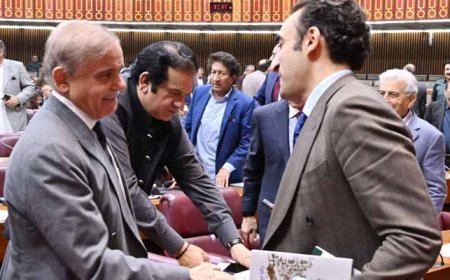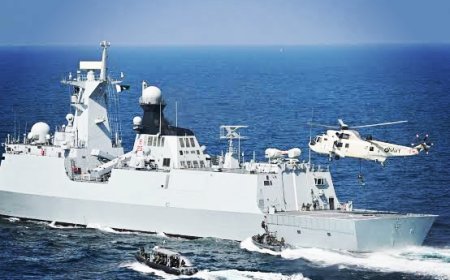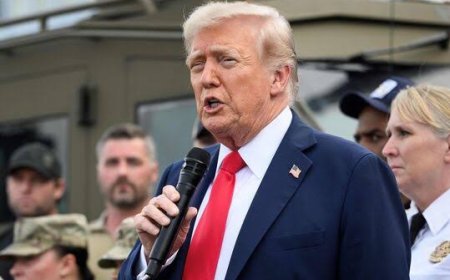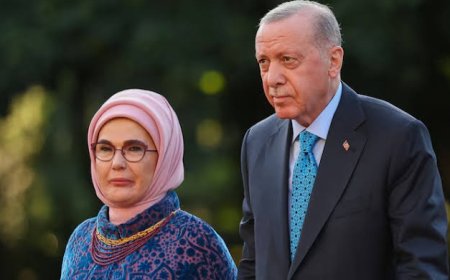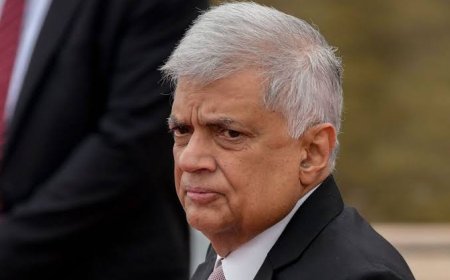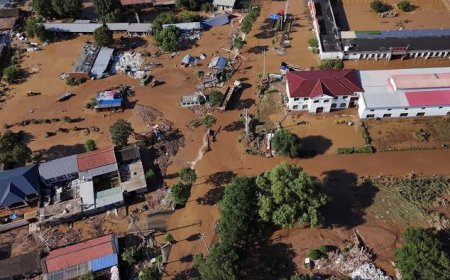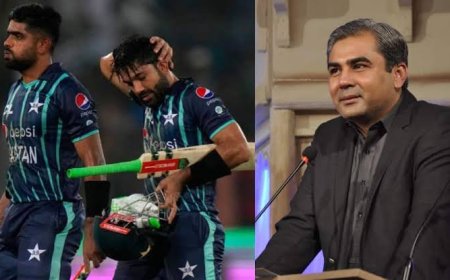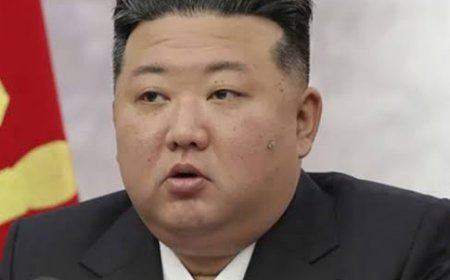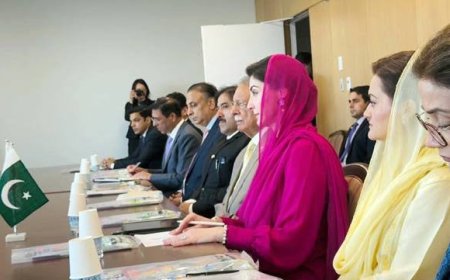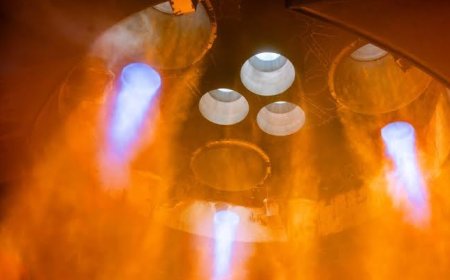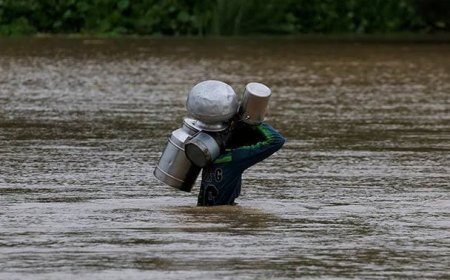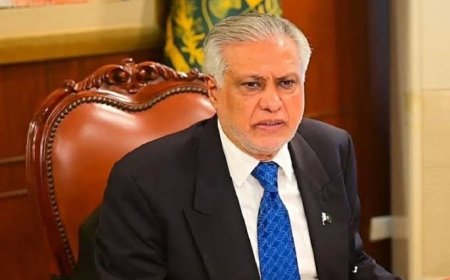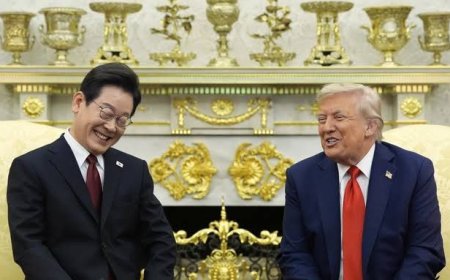Pakistan and Turkey reiterated their solidarity with Palestine.
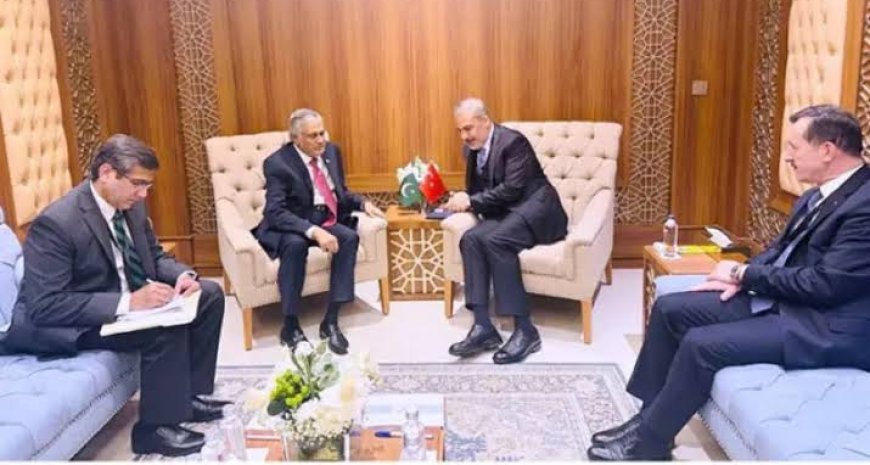
The meeting between Pakistan’s Deputy Prime Minister and Foreign Minister Senator Muhammad Ishaq Dar and Turkish Foreign Minister Hakan Fidan on the sidelines of the 21st Extraordinary Session of the Council of Foreign Ministers of the Organization of Islamic Cooperation (OIC) has once again put the plight of Palestine at the center of the diplomacy of the Muslim world. At a time when Gaza and the occupied territories are facing the worst humanitarian crisis in recent history, the reiteration of solidarity by Pakistan and Turkey is not only timely but also necessary to maintain global attention on this long-standing tragedy.
The leaders of Pakistan and Turkey expressed deep concern over the worsening humanitarian crisis and famine in Gaza, where millions of people are facing malnutrition, lack of medical care, and displacement. The devastation caused by the continuous bombing and blockades has left the region with a destroyed infrastructure, a dilapidated health system, and a population struggling to survive. In such circumstances, the appeal for urgent humanitarian assistance by both countries is a moral and political imperative.
Palestine has become a litmus test for the conscience of the international community. Despite decades of UN resolutions and global outrage, the Palestinian people are deprived of justice, statehood and dignity. The lack of decisive action has fuelled aggression and led to perpetual cycles of violence. Therefore, the joint stand of Pakistan and Turkey reminds us that silence is not an option and the Muslim world must stand with unity and moral clarity in support of Palestine.
The meeting also had symbolic significance, as it took place during the 21st Extraordinary Session of the OIC Council of Foreign Ministers. Pakistan commended Turkey’s leadership as the Chair of the 51st OIC Council and acknowledged its active role in mobilizing Muslim countries. However, the OIC has long been criticized for being reactive rather than proactive in addressing crises. While expressions of solidarity are valuable, the Palestinians need coordinated action: effective diplomatic pressure, joint appeals in international fora, and concrete humanitarian support.
There is both a challenge and an opportunity here. With leading countries like Pakistan and Turkey taking a principled stand, the OIC can regain its credibility by moving beyond resolutions to concrete actions. Joint humanitarian convoys, advocating for ceasefires in global institutions, and mobilizing international civil society are avenues that the Muslim world should explore with renewed vigor.
In addition to the Palestine issue, the meeting reaffirmed the depth of Pakistan-Turkey relations. The two countries share not only historical and cultural ties but also an enduring brotherhood based on mutual trust. Over the decades, Ankara and Islamabad have stood by each other on important national issues. Turkey has consistently supported Pakistan on issues like Kashmir, while Pakistan, in turn, has supported Turkey’s stance on Cyprus and other issues. This spirit of solidarity was evident once again, as both sides looked forward to strengthening their multifaceted cooperation. From trade and defense cooperation to education, cultural exchanges, and people-to-people contacts, the Pakistan-Turkey partnership holds great promise. In an era of shifting alliances, this relationship serves as a stabilizing factor, based not on opportunism but on shared values and shared aspirations.
The plight of Palestine has historically been a focal point for Muslim nations, but unity has often been lacking. Divisions, conflicting interests, and external pressures have weakened the collective voice of the Ummah. By presenting a united front, Pakistan and Turkey can act as a catalyst for renewed Muslim unity.
For Pakistan, this position is consistent with its long-standing commitment to the Palestinian cause. For Turkey, through its active diplomacy, it signals a continued willingness to play a leadership role in the Muslim world.
What's Your Reaction?










